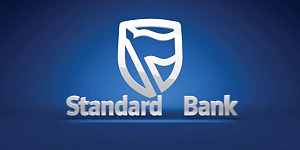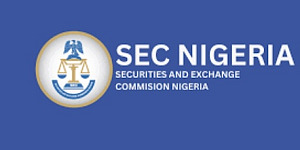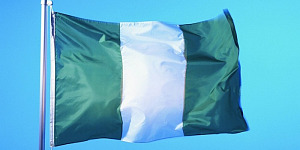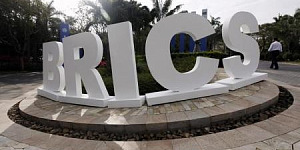Nigeria’s central bank left its main lending rate unchanged as it weighed supporting the currency and fighting inflation while propping up an ailing economy.
The Monetary Policy Committee held the benchmark rate at 14 percent, Governor Godwin Emefiele told reporters Tuesday in the capital, Abuja. That was in line with projections of eight of the 17 economists surveyed by Bloomberg. One predicted a 100 basis point cut, and the rest said policy would be tightened by between 50 basis points and 200 basis points.
While challenges in the economy remain, monetary policy alone can’t boost growth,
Emefiele said. Cutting interest rates is not advisable and the current stance will help to limit inflation, he said.
Inflation in Nigeria accelerated to 17.6 percent in August, the highest rate since October 2005, as the naira’s almost 40 percent drop against the dollar since the removal of a currency peg on June 20 made imports from food to industrial inputs more expensive. The peg caused foreign-currency shortages which contributed to West Africa’s biggest economy contracting by 2.1 percent in the second quarter from a year earlier after shrinking 0.4 percent in the three months through March.
“Given the stagflation the country faces at the moment, maintaining rates at the current level may be the best option,” analysts at FSDH Merchant Bank Ltd. said in an e-mailed note to clients before the announcement.
Emefiele raised the monetary policy rate by 200 basis points to 14 percent in July to attract foreign capital and help prop up the naira. The currency is about 30 percent more expensive on the black market than the official exchange rate.
The International Monetary Fund forecast the economy will shrink by 1.8 percent this year, the first full-year contraction since 1991. Power shortages, a decline in oil prices and output and the delayed passage of a 6.1 trillion-naira ($19.3 billion) budget planned to stimulate economic activity have weighed on output.








































